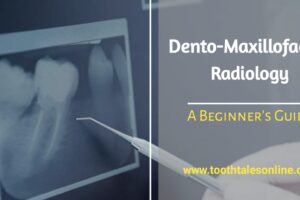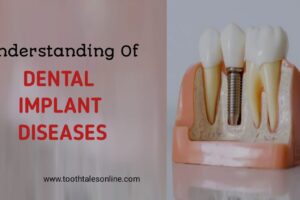Branches of Dentistry:
Dentistry has several specialized branches, each focusing on different aspects of oral care. Understanding these can help you make informed decisions about your dental health.
1. General Dentistry:
General dentists provide routine care like cleanings, check-ups, and fillings. They focus on preventing, diagnosing, and treating common issues like cavities, gum disease, and tooth decay.
2. Orthodontics:
Orthodontists specialize in aligning teeth and correcting bite problems. They use braces, retainers, and other tools to straighten teeth, enhancing both appearance and function.
3. Pediatric Dentistry:
Pediatric dentists cater to children’s dental needs. They create a friendly, fun environment for young patients and offer treatments like cleanings and fluoride treatments specially designed for kids.
4. Endodontics:
Endodontists treat issues inside the tooth, particularly the pulp and nerves. Root canals are a common procedure they perform to save infected or damaged teeth.
5. Periodontics:
Periodontists focus on the health of the gums and bones supporting the teeth. They treat gum disease, perform surgeries, and help maintain healthy gums.
6. Oral and Maxillofacial Surgery:
Oral surgeons handle complex surgeries involving the mouth, jaw, and face. This includes tooth extractions, dental implants, and treatments for facial injuries.
7. Prosthodontics:
Prosthodontists specialize in replacing missing teeth. They design crowns, bridges, dentures, and implants to restore your smile’s function and appearance.
8. Oral Pathology:
Oral pathologists diagnose diseases affecting the mouth and surrounding areas, such as oral cancer and infections.
Each branch of dentistry plays a critical role in maintaining oral health, ensuring patients of all ages have strong, healthy smiles.
FAQs:
What does a general dentist do?
A general dentist provides regular care like check-ups, cleanings, and fillings to keep your teeth and gums healthy.
How often should I see a dentist?
It’s recommended to visit a dentist every six months for routine check-ups.
When should my child first see a pediatric dentist?
By their first birthday or when their first tooth appears, whichever comes first.
What is a root canal?
A root canal removes infected tissue from inside the tooth to save it and relieve pain.
Is a root canal painful?
With modern techniques, root canals are generally pain-free.
What is gum disease?
Gum disease is an infection of the gums caused by plaque buildup. It can lead to tooth loss if untreated.
How can I prevent gum disease?
Brushing, flossing, and regular dental visits are key to preventing gum disease.
What are dental implants?
Dental implants are a permanent solution for missing teeth. They are artificial tooth roots placed in the jaw.
How long is recovery after wisdom teeth removal?
Recovery usually takes 1 to 2 weeks, depending on the complexity of the procedure.
What’s the difference between crowns and bridges?
A crown covers a damaged tooth, while a bridge replaces missing teeth by anchoring onto neighboring teeth.






















Add Comment